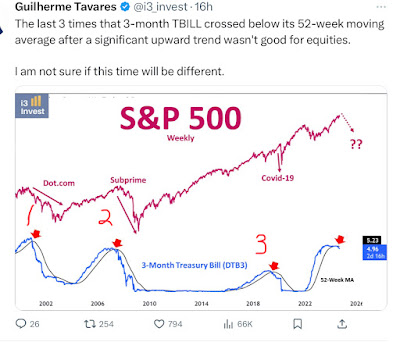Xu Gao, the Chief Economist and Assistant President of Bank of China International Co. Ltd., and an adjunct professor of the National School of Development (NSD) at Peking University, has been featured on The East is Read several times.
On August 19, 2024, Xu published a new essay on his personal WeChat blog 徐高经济观察 Xu Gao Economic Observation. This long essay, essentially making a case for Beijing to adopt stimulus measures, will be rolled out in three parts.
Amid cautious signals from the Chinese government and the widespread belief in saving policy "ammunition," Xu Gao calls for a shift to macroeconomic thinking. He contends the government shouldn't be tethered to the belief that money spent is money lost, as a company might. The government revenue isn't fixed or exhaustible but "endogenous," says he, driven by government spending, which boosts private income, consumption, and investment. Unlike individuals and businesses who see income as beyond their control, the government, following Keynesian principles, can step in when demand falters. By increasing fiscal spending and liquidity, it can generate demand where the private sector won't, matching purchasing power with the willingness to spend.
Xu argues that the real limit on stimulus isn't money supply—it's supply capacity. Rising inflation and trade deficits mean domestic supply can't keep up with demand, making further stimulus risky. But when inflation is low and there's a trade surplus, it signals excess supply, making stimulus "not only feasible but also essential."….
The East is Read(II) Xu Gao's case for Beijing to spend: stimulus now doesn't hinder structural reforms-Chief Economist of Bank of China International continues with the sustainability and necessity of stimulus.
Yuxuan JIA and BU, Xiaoqing
